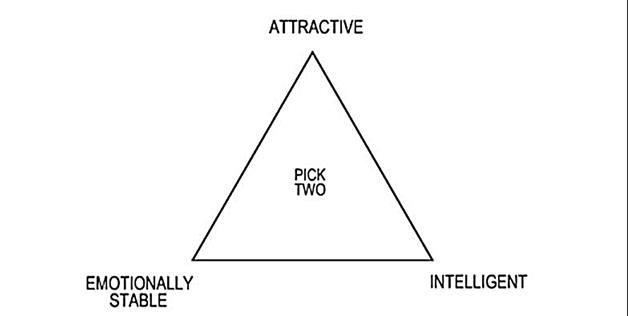I think it's tempting to answer this question as a wishlist checklist of all the things you want in a good partner

, but as some have already said, being or seeming good is a matter of perspective. It's easier to come up with good qualities for a person in general. Someone can live their life thinking they are a good person, doing what they believe is right or good, but someone in their life or the world thinks the opposite. This is why the concept of good intentions is important. The things we do with good intentions may not always work out how others think it should, but it is important to recognize that a genuine interest in doing good was there, even if it's not in the way others expect.
To answer the OP, I still have a few traditional views about what it means to be a good man using a father figure as an example with a few caveats. I appreciate when a man is protective and caring, but not restrictive. I've had enough experiences of men who use protectiveness to repress, dominate or diminish someone so they feel weak. A protective person cares but also recognizes the strength and independence in those they care about. This person can also show emotional warmth and strength when it's appropriate.
I appreciate when someone, particularly a partner, is thoughtful and considerate. Thoughtful is a big one because for me this means someone who considers what is important to you as a person and tries, not necessarily to please you in every way, but will take the time to consider your feelings, concerns or interests, and will try to do things for you that make you feel good about yourself rather than expecting you to accommodate their needs and wants most of the time. I think there are still too many who think that being a good man is about being right about everything, being listened to and followed, without any reciprocation. It's also when someone doesn't view sensitivity as just a weakness.
A good man can be confident without having an excessive ego. He can listen and learn from others without diminishing who he is. And for anyone, a good person in general respects those they care about and those they may not know personally. In other words, you don't have to know anyone personally to care about what happens to others in the world. You don't have to be a saint. Just be genuinely nice.
But a good man also knows he can't please everyone, and that's not his role in life. In the end, a good man tries to live the best life he can without intentionally trying to hurt others or trying to take away from anyone else's importance or value. A good man does not have to be a star to be light in someone's life or eyes. Finally, I've always admired someone who has a desire to make sure everyone is ok and taken care off, someone who can put others first even when it's not always in their best interest.
Edit: I know this thread is about men, but of course any negative traits mentioned could be applied to women as well. So, it's not likely fair to expect men to be perfect more than women. In the end, each person has to decide for themselves what kind of person they want to be, regardless of what others expect or think. There are many ways to be good.


